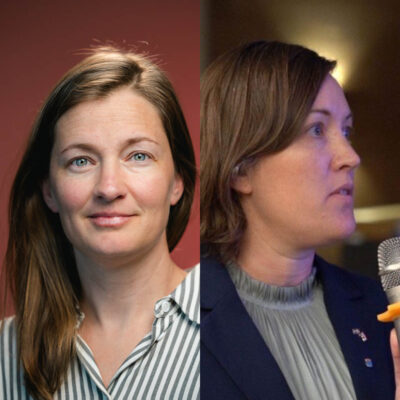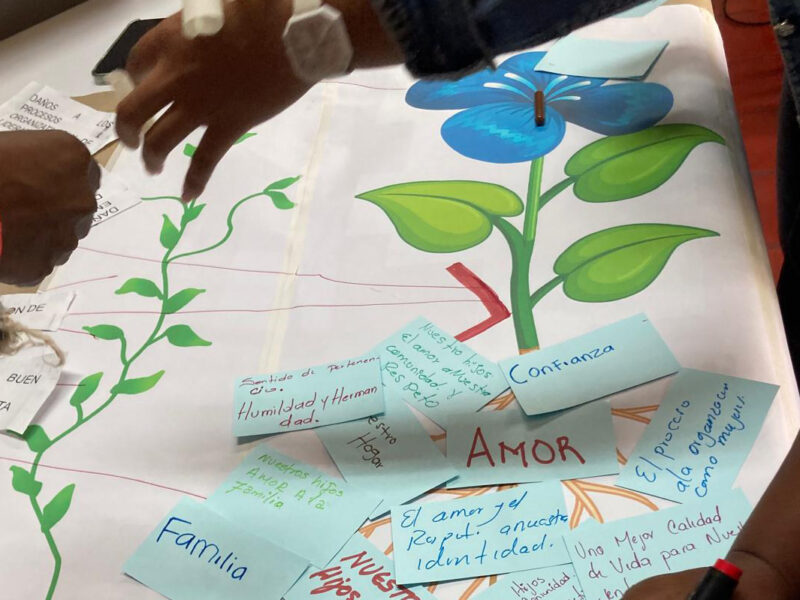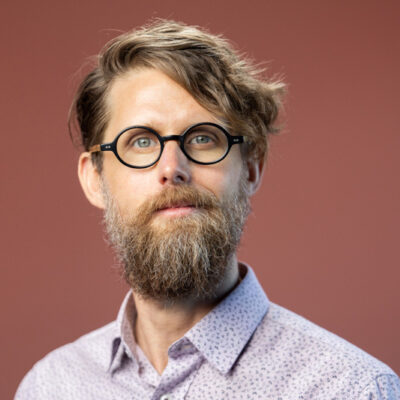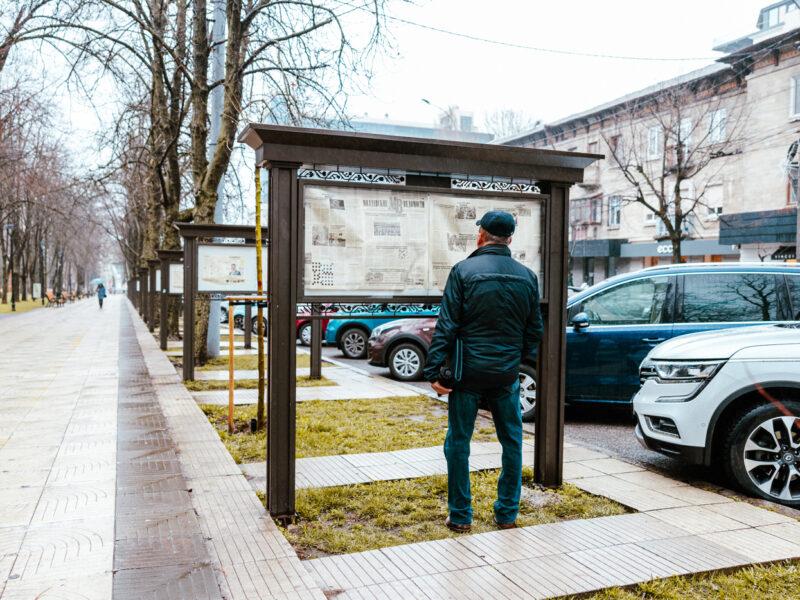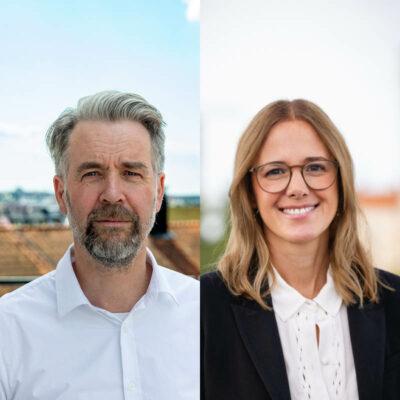Challenges Forum: A platform for improving peace operations
Recently I joined the team at the International Secretariat of the Challenges Forum, or to give its full name: The International Forum for the Challenges of Peace Operations. Challenges Forum, CF for short, is a global partnership of 49 leading organizations and departments working on peace operations, representing 22 countries from across all regions of the global North and South.
Established in 1996, the aim of CF is to improve peace operations by identifying the critical challenges facing them. This aim has arguably become even more relevant in a world where the challenges to building peace and preventing violent conflict have mounted in recent years. The work CF partners do supports the international community by finding and recommending solutions for building sustainable peace in conflict-affected countries, and is sorely needed when peace operations find themselves increasingly under scrutiny.
Challenges Forum does its work outlined above by facilitating dialogue on strategic and operational issues between key actors in modern and multi-dimensional peace operations around the globe.
The Challenges Forum is fortunate to have partners that include government departments from the permanent members of the UN Security Council (the ‘P5’ including China, France, Russia, the UK and the USA). This gives CF work and recommendations significant political weight and legitimacy. CF partners also hail from some of the largest troop contributing countries (TCCs), police contributing countries (PCCs), and financial donors to the UN’s peacekeeping operations, all with a large stake in being able to build sustainable peace in complex and challenging conflicts.
You might, as I did before joining the Secretariat that coordinates and facilitates the work of the Challenges Forum, wonder why these conversations don’t just happen in the UN? After all, there is constant dialogue taking place between diplomatic representatives and UN organizations such as the UN’s Department of Peacekeeping Operations on how to prevent and stop violent conflicts.
The answer is that, sometimes, space for dialogue is needed outside of the good offices of the UN. Being one-step-removed from the UN system gives the Challenges Forum the ability to recommend solutions outside of the political divisions that exist at the UN. These political divisions often inhibit constructive discussions on necessary reforms and improvements to peace operations.
In fact, political divisions in the UN aren’t the only challenges affecting peacekeeping today. 70 years ago in 1948, Folke Bernadotte, the UN’s first mediator, used peacekeepers to observe the armistice and peace agreement between the nascent state of Israel and the Arab states around it. But today’s peace operations deal with much more than maintaining peace agreements between nation-states.
I recently participated at a seminar on the future of peacekeeping hosted by SIPRI (Stockholm International Peace Research Institute), the Swedish government, and the embassies of Brazil, Ethiopia and Indonesia. The workshops during the seminar highlighted three areas that UN Secretary-General Guterres also identified last month as essential to the future of peace operations at a launch of the ‘Action for Peacekeeping’ initiative: gender mainstreaming of peace operations and implementing the women, peace and security agenda; dealing with asymmetrical threats, and; ensuring an adequate peacekeeping budget.
The Challenges Forum, as a platform for bringing a diverse group of peace operations stakeholders together, facilitates discussion of these issues in a constructive way that side-steps political divisions among member states of the UN.
For example, gender mainstreaming is a top priority for Challenges Forum discussions, and is being incorporated in new training doctrine and manuals produced by CF for senior mission leadership, which then gets distributed by the UN to its force commanders deployed on peace operations.
Challenges Forum recommendations for training and capacity-building, such as the vital issue of leadership that can improve the safety and security of peace operations, are developed by CF partners with the most at stake (the TCCs and PCCs that send peacekeepers to some of the most challenging conflicts the international community is facing). These are then used and adopted into formal UN training for peacekeepers.
And CF research and studies identifying where peacekeeping is and can be made more effective are produced by Challenges Forum partners to inform political debates on what is an adequate budget for peacekeeping.
CF’s work to improve peace operations will assist in boosting the legitimacy of peace operations, which in turn will help increase professionalization and performance in areas such as gender mainstreaming, improve safety and security for peacekeepers and the civilians they are protecting, and hopefully refocus the international community on supporting and sustaining vital peace operations.
Perhaps, as a colleague at FBA said to me recently, this work can also help to change the mindset of political leaders from expecting peace operations to ‘do more with less’, to a more constructive expectation that the international community should help peacekeepers ‘do more with more’ (read: budget, training, capacity, equipment, standards, political support etc).
These are just some of the ways the Challenges Forum is helping to improve opportunities for building peace. An aim that the host of the CF Secretariat, the FBA, has a wealth of expertise and capacity to help with. Indeed, FBA is both host to the Secretariat as well as partner to the Challenges Forum, as is the Swedish Armed Forces, the National Police Authority, and the National Prison and Probation Service. Sweden also currently sits on the UN Security Council (UNSC), increasing Challenges Forum’s impact in the international community. Along with CF partners including the P5, the Challenges Forum has the pre-requisites needed to make a positive impact on sustaining peace.
av Ben Rhee


